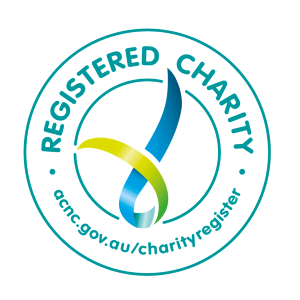Stay informed
Be the first to hear about Foundation news, scholarship opportunities and events.
Acknowledgement of Country
In the spirit of reconciliation we acknowledge the Traditional Custodians of country throughout Australia and their connections to land, sea and community. We pay our respect to their elders past and present and extend that respect to all Aboriginal and Torres Strait Islander peoples today.
